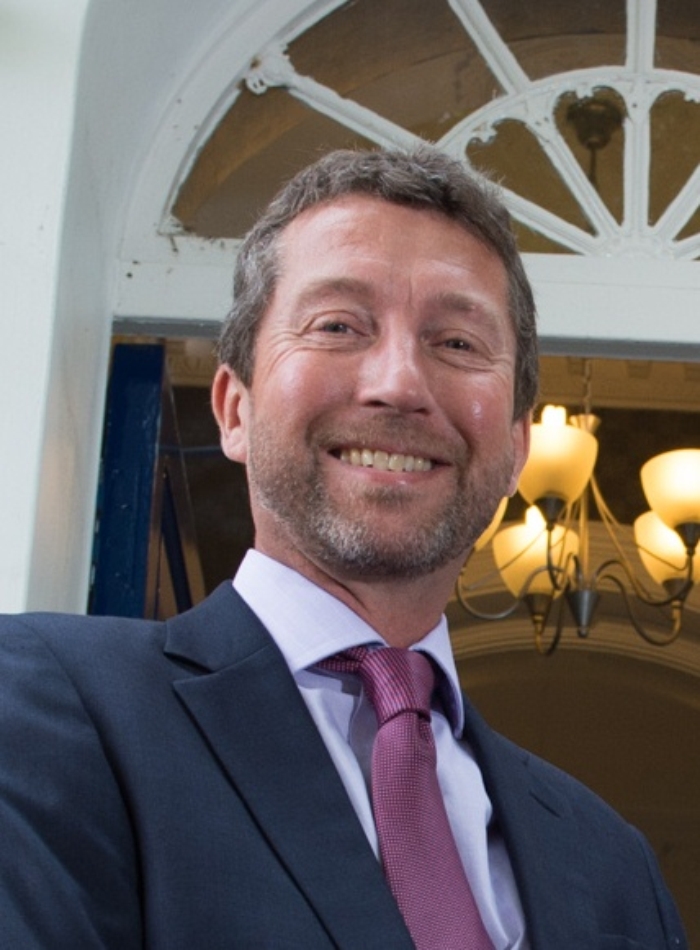2016 will see Bristol’s office sector looking to make better use of its existing space as the lack of new accommodation begins to bite.
That’s according to Bristol office specialist Paul Williams of Bruton Knowles, who believes advances in how businesses use commercial space will go hand in hand with further breakthroughs in everyday technology.
He said shortage of new space coming on to the market, lack of speculative development and shortages of development land meant city centre office space would remain at a premium.
Supply and demand would inevitably push rents above £30 per sq ft.
But Paul believes businesses will be looking at how they use their space rather than how much they think they need, how much they pay for it or where it is.
“Pressure on office space is increasing in big cities such as Bristol. Minimised technology will reduce the need for the larger workspaces while owners and operators will ensure they are maximising use of space within the floorplate.
“When I came in to the industry we were allowing around 125 sq ft per employee. Now the average is down to around 80 sq ft per employee and sometimes even lower.”
But he did not believe this would necessarily lead to chronic overcrowding.
“For one thing there has been a massive drop in the number of paper documents needing to be stored.
“We believe desks – if they are required at all – will be much smaller than at present. Young people coming in to the economy will have their own phone and internet devices and will increasingly be deploying them for work as well as personal use.”
3D printers will become more widely available which will revolutionise the entire development sector from drawing board to council planning department.
Paul went on: “The workplace of the future will break up traditional form and structuring and businesses will be making sure as much of the available floorplate is in use as possible, ensuring awkward spaces or alcoves are fully integrated.”
Despite these trends Paul believes the new generation of office worker be acutely aware of their environment and will want to know what their workplace looks like and what it offers.
“A smart use of technology and alternative commuting options has already led to demands for facilities such as expanded cycle racks and shower facilities, which were once considered as unnecessary add-ons.
Increasing customisation of desks and hot-desking could eventually see people using cloud technologies to connect their personalised settings to a desk – any desk – anywhere from a city centre office building to a corner shop.
“It’s easy to dismiss new technologies as fad gadgetry but it should be remembered that we have only been using Smart phones and the internet for the last few years or so.
“Before that the fax machine was seen as the answer to all of our prayers but is now virtually obsolete. Electric typewriters didn’t last long either, and can only be found in museums these days.
“Technological trajectories will go hand in hand with a careful assessment of building function and use of space.”






















